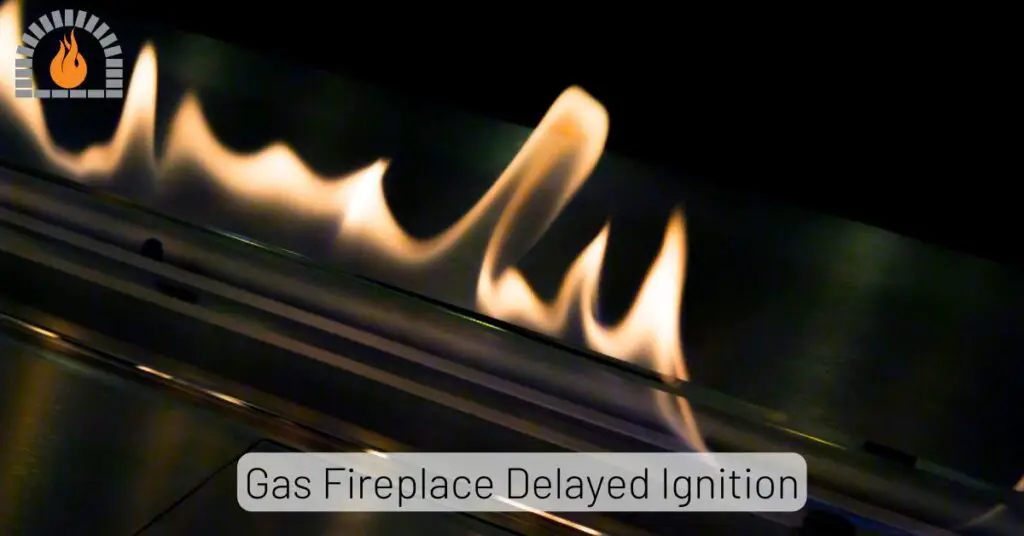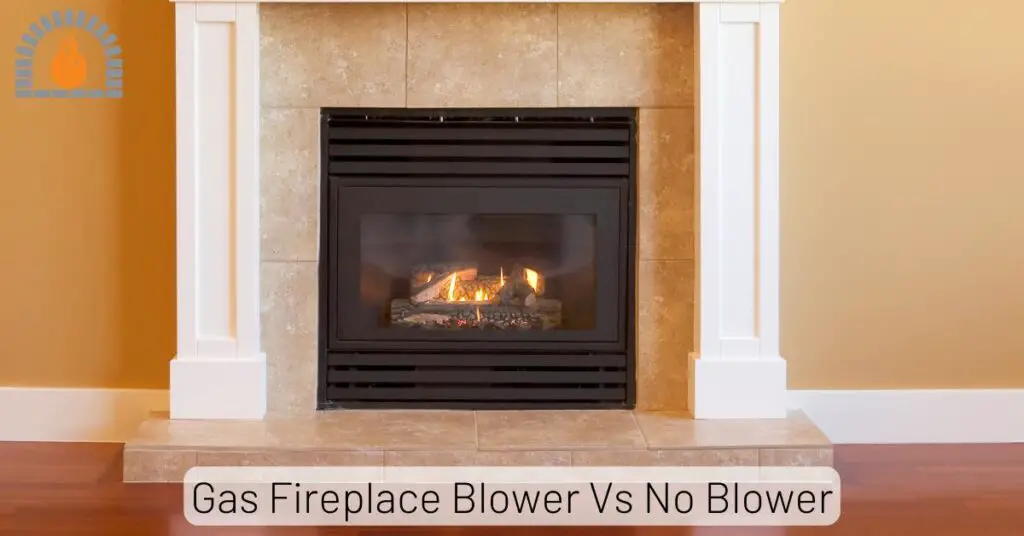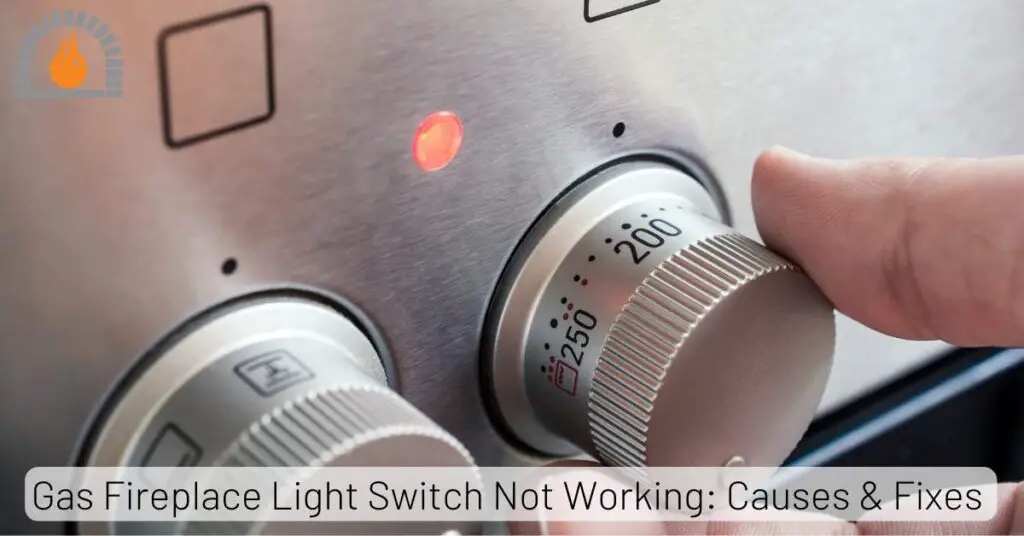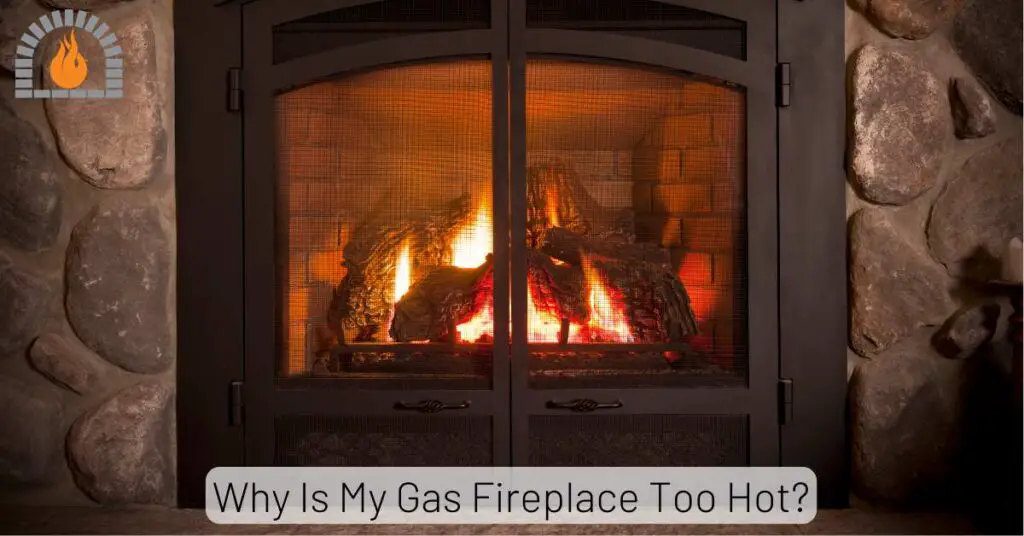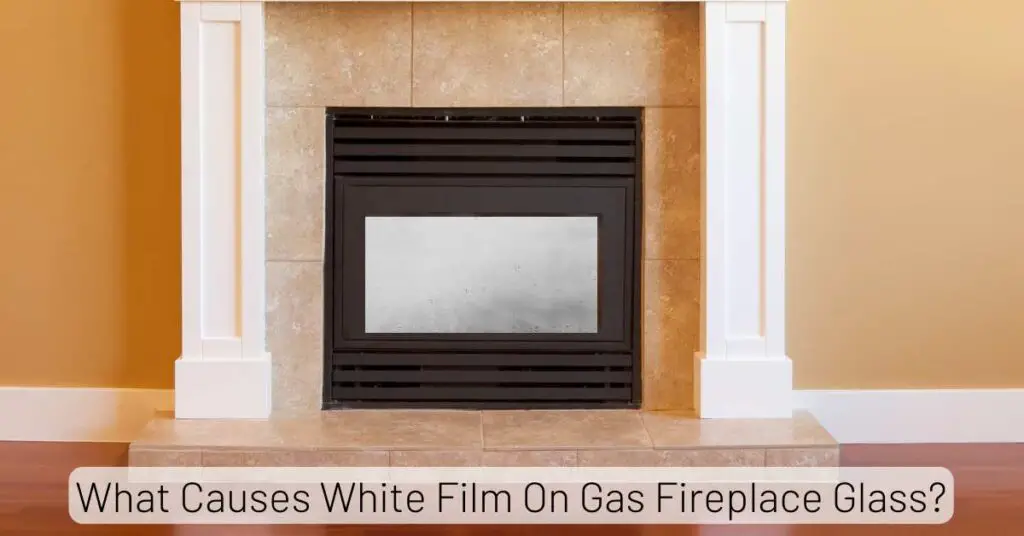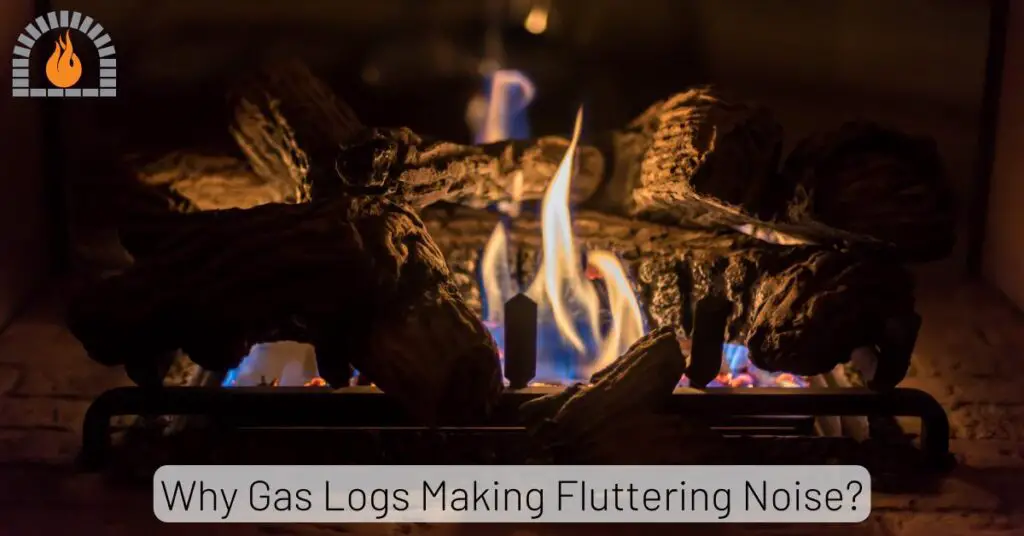When it comes to setting up a fireplace, many homeowners grapple with the decision of choosing the right gas line for the installation. One option that often raises questions is the use of flexible gas lines. So, can I use flexible gas line for fireplace?
Caution: Using flexible gas lines for fireplace installation can be hazardous. Flexible lines cannot pass through walls, ceilings, or floors and are susceptible to damage, especially from external forces. Sharp objects or heavy items in close proximity can pose a risk of puncturing or damaging the tubing.
Flexible gas lines are designed for temporary or portable heating units, such as gas appliances like stoves, water heaters, and dryers.
Flexible Gas Lines
Flexible gas lines, commonly known as corrugated stainless-steel tubing (CSST), have gained popularity in various household applications, including fireplace installations.
These lines offer flexibility, making them easier to install in tight spaces compared to traditional rigid pipes.
Can I Use Flexible Gas Line For Fireplace?
In my opinion, you should not use a flexible gas line for a fireplace installation due to safety concerns. Flexible lines may be more susceptible to physical damage if not adequately protected or secured, potentially leading to leaks. These lines can experience wear and tear over time, especially in areas where the line is frequently bent or moved.
Pros of Flexible Gas Line For Fireplace Installation
- Ease of Installation:
- Flexible gas lines are often easier to install compared to rigid pipes, allowing for more straightforward routing and connections.
- Adaptability:
- They can be easily bent and adjusted to fit the specific layout of your fireplace, making them adaptable to various installation scenarios.
- Reduced Labor Costs:
- Installation may require less labor compared to rigid pipe systems, potentially reducing overall installation costs.
- Vibration Absorption:
- Flexible lines can absorb some vibration, reducing the transmission of vibrations from the gas supply to the fireplace.
- Corrosion Resistance:
- Many flexible gas lines are made from corrosion-resistant materials, such as stainless steel, which can contribute to longer-term durability.
Cons of Using Flexible Gas Lines for Fireplace Installation
- Local Code Compliance:
- Some local codes may restrict the use of flexible gas lines, so it’s crucial to ensure compliance with regulations in your area.
- Material Limitations:
- While many flexible gas lines are made of durable materials, they may not be as robust as rigid pipes, especially in certain industrial or heavy-duty applications.
- Vulnerability to Physical Damage:
- Flexible lines may be more susceptible to physical damage if not properly protected or secured, potentially leading to leaks.
- Higher Initial Cost:
- In some cases, the upfront cost of flexible gas lines may be higher than that of rigid pipes. However, this cost difference may be offset by lower installation expenses.
- Potential for Wear and Tear:
- Flexibility can lead to wear and tear over time, particularly in areas where the line is frequently bent or moved.
- Limited Lengths:
- Flexible gas lines may have length limitations, requiring additional connectors for longer runs, which could potentially increase the risk of leaks.
- Periodic Inspection Required:
- Regular inspection is essential to check for wear, damage, or leaks, and this maintenance requirement should be considered.
Which Type Of Gas Pipe Is Best For A Gas Fireplace Installation?
The choice of gas pipe for a gas fireplace installation depends on various factors, including local building codes, the type of gas being used (natural gas or propane), and the specific requirements of the fireplace manufacturer.
However, in general, there are two common types of gas pipes used for residential gas installations: black iron pipe (also known as steel pipe) that meets the ASTM A53 specification and flexible gas connectors.
I would recommend using black iron pipe from the meter, followed by High Density Polyethylene (HDPE) for the interior. You can use copper pipes for your gas fireplace installation only if it complies with your local rules and regulations.
Local building codes and regulations vary, and some jurisdictions have specific guidelines regarding the use of flexible gas lines. It’s imperative to adhere to these regulations to ensure the safety of your home and its occupants.
Related Post: Common Gas Fireplace Unusual Sounds
Essential Considerations Before Choosing a Gas Pipeline
- Always adhere to local building codes and regulations.
- Follow the manufacturer’s guidelines for your specific fireplace model.
- Use gas lines that are approved for use with natural gas or propane, depending on your fireplace’s fuel type.
- Consult with a licensed professional for installation to ensure compliance with safety standards.
Before finalizing your decision, it’s crucial to conduct a thorough safety inspection. This involves checking for leaks, ensuring proper grounding, and confirming compliance with local regulations. Regular inspections should be part of your maintenance routine to address any potential issues promptly.
Importance of Professional Installation
To mitigate risks and ensure the proper functioning of your fireplace, it is highly recommended to enlist the services of a licensed professional for the installation of flexible gas lines.
Professional installers have the expertise to navigate safety regulations and conduct installations that comply with industry standards.
Related Post: Can You Leave The Glass Doors On A Gas Fireplace Open?
Final Thoughts: Can I Use Flexible Gas Line For Fireplace?
In conclusion, the use of flexible gas lines for your fireplace installation presents both advantages and considerations. The flexibility, ease of installation, and cost-effectiveness make them a viable option for many homeowners. However, safety concerns, potential for damage, and long-term durability should be carefully evaluated.
Ultimately, a well-informed decision, coupled with professional installation and regular inspections, will contribute to a safe and efficient fireplace in your home.
By understanding the pros and cons of using flexible gas lines, you can make an informed choice that aligns with your preferences and ensures the safety of your household.
Affiliate Disclosure: Fireplaceadviser.com is a participant in the Amazon Services LLC Associates Program. We may earn a commission when you click on certain links on this site and purchase.

Hello!! I am Jamal Khan. I often fix my home electric heaters and gas stove problems and research the common issues in the heating units to improve my knowledge and expertise. The aim of establishing fireplaceadviser.com is to share my expertise and knowledge with my audience.







